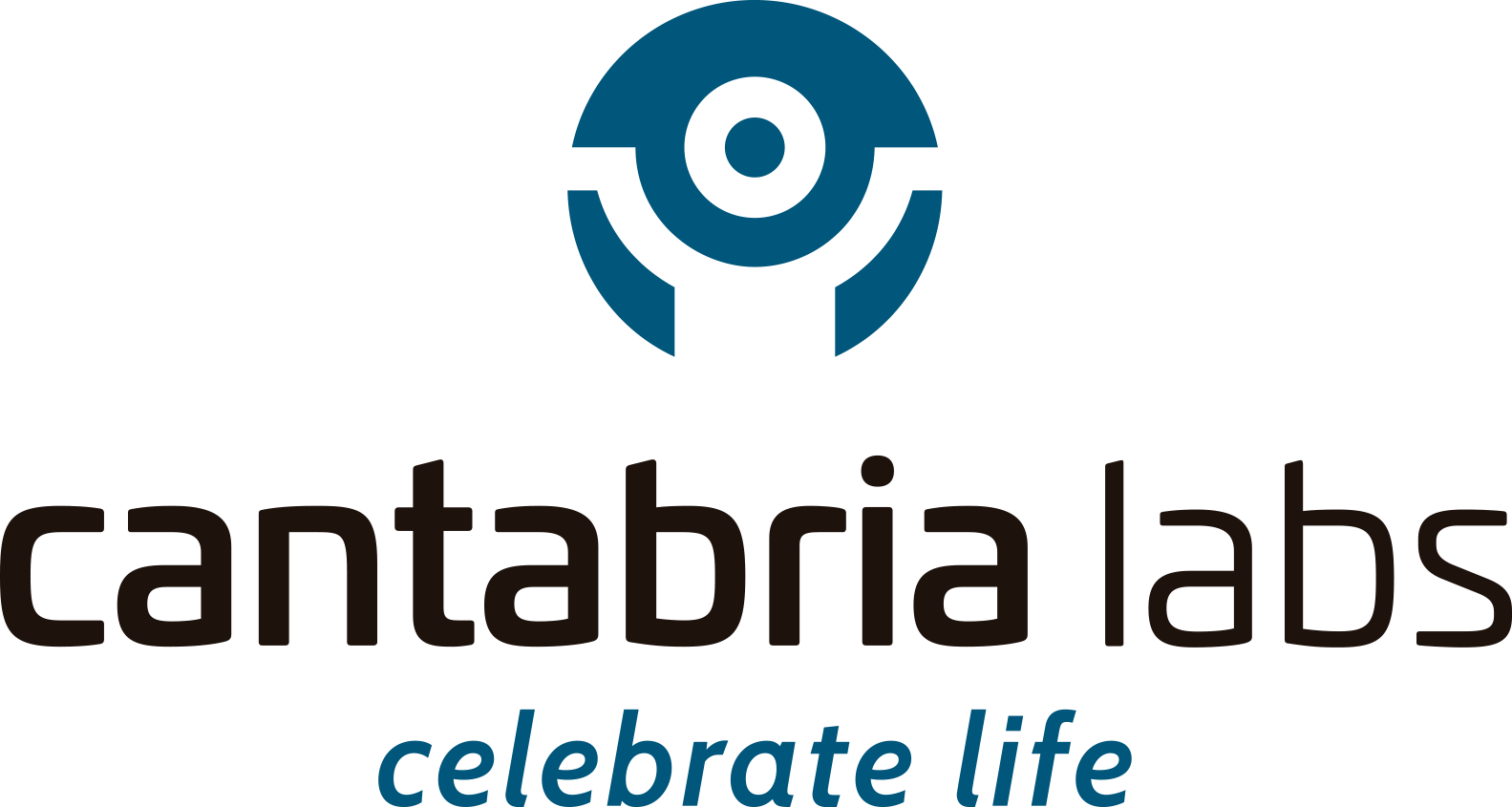-
300 hours. 12 ECTS credit
-
On-site format with work online
-
November-June
The degree scroll of Expert in Cutaneous Oncologic Surgery organized by the School of Medicine of the University of Navarra has as goal main objective to provide the professional specialist in Dermatology with an additional specific training in cutaneous cancer surgery, from an eminently internship approach. For this purpose, the clinical case methodology will be used, and part of the classes will be taught using a graphic tablet with a screen to make them more participatory.
The program is offered by Cantabria Labs partnership and takes place at Campus of the University of Navarra in Madrid and lasts 8 months. At the end of the program, student will provide an updated vision of cutaneous oncological surgery for the different types of cutaneous cancer (melanoma and non-melanoma), will have the criteria to decide the best surgical option for excision and reconstruction in the different anatomical units, and will perform the design of cutaneous flaps or grafts in order to obtain the best oncological, functional and aesthetic result .
training in cutaneous cancer surgery from an eminently practical approach. internship
Study program
The degree scroll in Dermatologic Surgery taught by the School of Medicine of the University of Navarra in partnership with Cantabria Labs consists of 12 ECTS credit distributed between November 2025 and June 2026 and organized in 9 theoretical-practical modules and a final degree scroll work . Each module consists of 1 ECTS credit, while the end of degree scroll work consists of 3 ECTS credit.
-
Introduction and general principles. Dr. Pedro Redondo Bellón.
-
Anesthesia. Drugs, techniques and complications. Dr. Guillermo Miguel Ruano.
-
Facial anatomical units, surgical Anatomy , antibiotic prophylaxis and implants. Dr. Alejandra Tomás.
-
Material and suture techniques, hemostasis and dressings. Dr. Pedro Redondo.
-
Closure of defects I: Direct closure and Burow's triangles. Dr. Pedro Redondo.
-
Closure of defects II: Flaps (advancement, rotation and transposition). Dr. Javier Vázquez Doval.
-
Closure of defects III: Grafts (laminar and total skin grafts). Dr. Javier Vázquez Doval.
-
When the best is the second intention. The way to almost never make a mistake. Dr. Pedro Redondo.
-
Melanoma surgery (I). Dr. David Moreno.
-
Melanoma Surgery (II) (Satelitosis and lesions in transit, Surgery of metastases, Clinical cases). Dr. David Moreno.
-
Conventional surgery of basal cell carcinoma. Guidelines. Dr. Alejandra Tomás.
-
Surgical approach to high-risk basal cell carcinoma. Dr. Pedro Redondo.
-
Conventional surgery in squamous cell carcinoma. Guidelines. Dr. Alejandra Tomás.
-
Surgical attitude to an epidermoid carcinoma at risk. Dr. Pedro Redondo.
-
Surgery of dermatofibrosarcoma protuberans. Dr. Pedro Redondo.
-
Surgery of lentigo maligna, acral lentiginous melanoma and extramammary Paget's disease. Dr. Pedro Redondo.
-
Limit of surgery in cutaneous oncology: locally advanced skin cancer. Dr. Pedro Redondo.
-
Ultrasound in cutaneous oncologic surgery. Dr. Francisco Javier García.
-
Surgery of chronic hydrosadenitis. Dr. Francisco Javier García.
-
Dermatoscopy in operating room. Delimitation of borders. Dr. Javier Antoñanzas.
-
Surgery of subcutaneous tumors. Dr. Gabriel Schlager.
-
Scalp surgery (I). Dr. Pedro Redondo.
-
Scalp surgery (II). Dr. Pedro Redondo.
-
Surgery of the sole of the foot. Dr. Pedro Redondo.
-
Mohs surgery. Dr. Carlos Serra.
-
Mohs surgery ex-vivo. Dr. Carlos Serra.
-
Mohs surgery in kerosene. Dr. Pedro Redondo.
-
What if I don't have access to Mohs surgery? Edge control. Dr. Pedro Redondo.
-
Surgery of the forehead and temple (I). Dr. Pedro Redondo.
-
Surgery of the forehead and temple (II). Dr. Pedro Redondo.
-
Surgery of the trunk and extremities. Dr. Pedro Redondo.
-
Nail surgery. Dr. Javier Vázquez.
-
Oral mucosa surgery. Dr. Javier Vázquez.
-
Genital region surgery. Circumcision. Dr. Javier Vazquez.
-
Upper lip and apical triangle surgery. Dr. Pedro Redondo.
-
Lower lip surgery. Dr. Jorge Soto.
-
Cheek surgery. Dr. Pedro Redondo.
-
Chin and neck surgery. Dr. Pedro Redondo.
-
Dermal expanders and matrices. Dr. Juan Carlos López Gutiérrez.
-
Hypertrophic and keloid scars: Prevention and treatment. Dr. Jaime Company.
-
Nose surgery (I). Dr. Pedro Redondo.
-
Nose surgery (II). Dr. Pedro Redondo.
-
Eyelid surgery (I). Dr. Pedro Redondo.
-
Eyelid surgery (II). Dr. Pedro Redondo.
-
Pinna surgery. Dr. Javier Antoñanzas.
-
Surgical complications (I). Dr. Javier Vázquez Doval.
-
Surgical complications (II). Dr. Javier Vázquez Doval.
-
Chronic wounds and ulcers. Dr. Gabriel Schlager.
-
Problem cases: Dr. Pedro Redondo.
-
Surgery on silicone mask.
Professors: Dr. Pedro Redondo, Dr. Javier Vázquez and Dr. Gabriel Schlager
Professors: Dr. Pedro Redondo, Dr. Gabriel Schalager and Dr. Alejandra Tomás
Active individual participation in workshop weekly surgical department of Dermatology at the headquarters of the Clínica Universidad de Navarra in Madrid.
The director of the course will close with each student its attendance to the conference surgical within the academic calendar fixed.
Thursday
November 13
module 1
Friday
November 14
module 2
Saturday
November 15
module 3
Thursday, January 29th
module 3 and 4
Friday, January 30,
module 4 and 5
Saturday
January 31
module 5
Thursday
April 16
module 6
Friday
April 17
module 7
Saturday
April 18
module 7
Friday
June 12
module 8
Saturday
June 13
Defending work fin de degree scroll
Each module consists of:
1 Theoretical sessions
2 Clinical cases
The attendance to 75% of the theoretical sessions is a prerequisite for obtaining the degree scroll.
WORK ONLINE
The online work of each module will have a duration of 10 hours. The online contents of the theoretical modules are posted on the Virtual classroom accessible only to students at the beginning of each module. These contents consist of videos, slide presentations, clinical cases, articles and reviews. The goal of this online content is to complement and accompany the work staff of the student to integrate the teachings given in the face-to-face sessions.
WORK END OF DEGREE SCROLL
In June 2026 the end of degree scroll work (3 ECTS credit) will be defended, consisting of an oral presentation of a series of clinical cases performed by the student, or his/her closest professional environment, in the last few months, highlighting the lines and core topic points of each of the approaches and reconstructions. Previously intervened clinical cases in which another subject of reconstruction was performed and, based on what has been learned, the resolution would have been modified, can also be included. This work of the student will be guided by his tutor through distance tutorials.
Academic staff
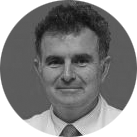
Pedro Redondo
Dept. of Dermatology, Clínica Universidad de Navarra Madrid
Director of the program
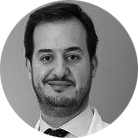
Francisco Javier García
Dermatologist, International Dermatology Clinic
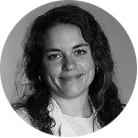
Alejandra Tomás
Dept. of Dermatology, Clínica Universidad de Navarra Madrid
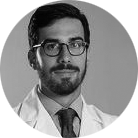
Guillermo Miguel Ruano
Dept. of Anesthesia, Clínica Universidad de Navarra Madrid
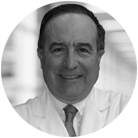
Javier Vázquez-Doval
Dermatologist, DERMACLINIC, Logroño, Spain
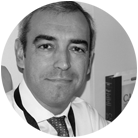
David Moreno
Department of Dermatology, Hospital Virgen de Macarena, Seville, Spain.
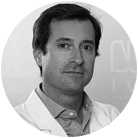
Carlos Serra
Dermatology Service, high school Valenciano de Oncología, Valencia, Spain.
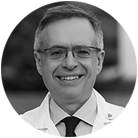
Jorge Soto de Delás
Dept. of Dermatology, Policlínica Guipúzcoa, University of the Basque Country
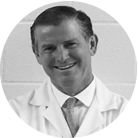
Juan Carlos López Gutiérrez
Pediatric Surgery Service. Hospital la Paz (Madrid) and Hospital Universitario Quirónsalud Madrid.
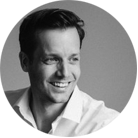
Gabriel Schlager
Dept. of Dermatology, Clínica Universidad de Navarra Madrid
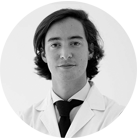
Jaime Company
Dermatologist specializing in laser and dermatologic surgery. group Pedro Jaén
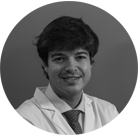
Javier Antoñanzas
Dept. of Dermatology. Clínica Universidad de Navarra Pamplona, Spain
profile of the graduate
goal The Expert in Cutaneous Oncologic Surgery program has as its main objective to provide the professional specialist in Dermatology with an additional specific training on the surgical treatment of cutaneous tumors, from the initial oncologic approach to the complete reconstruction of the defect resulting from the surgery.
After its completion, the competences acquired by the students will be:
- Ability or criteria to decide on the best surgical option for each skin tumor.
- knowledge of the best oncological, functional and esthetic result .
- knowledge of the concept of locally advanced skin cancer.
- Ability to design of skin flaps in different anatomical areas.
- Ability to perform skin flaps in different anatomical areas.
- Capacity for reconstruction with grafts.
- Ability to close large defects.
